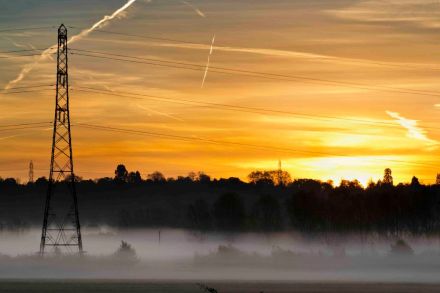Roman politicians were the ultimate gossips
The ancients were as fascinated by rumour as, to judge by recent events in Russia and the BBC, we are. Homer called rumour ‘the messenger of Zeus’, with a fondness for racing through crowds. Virgil described it as a winged monster, with an unsleeping eye under every feather, a mouth and tongue never silent and an ear always pricked, combining truth with lies and distortions. Ovid saw it as a sort of clearing-house ‘from which the whole world is in view’ – a structure of echoing brass, with thousands of entrances and exits, echoing back, and so increasing the volume of, the ‘murmured whisperings’ it picked up. Roman politicians were





















